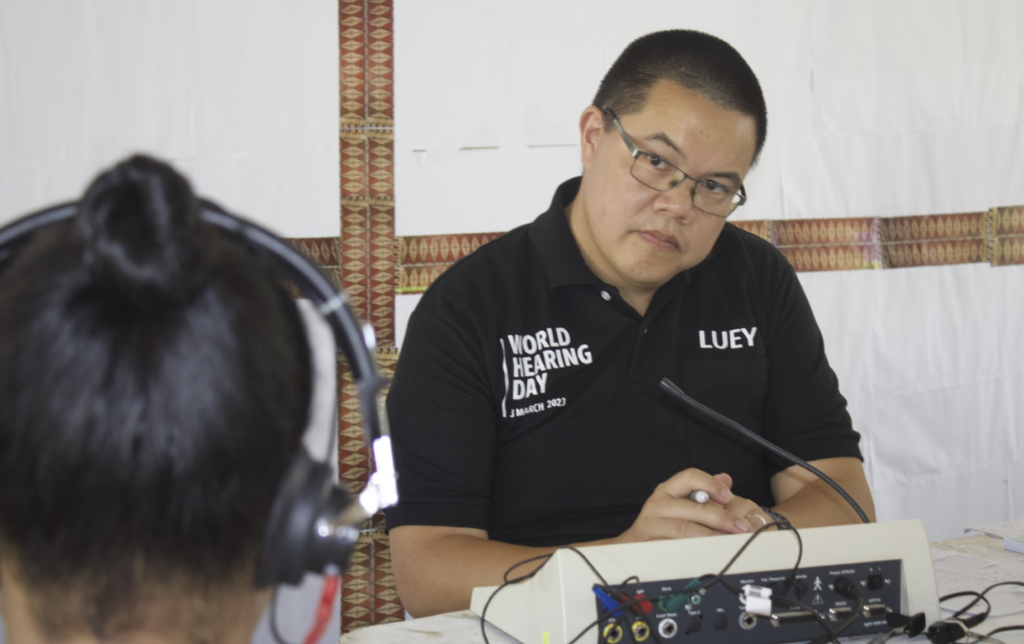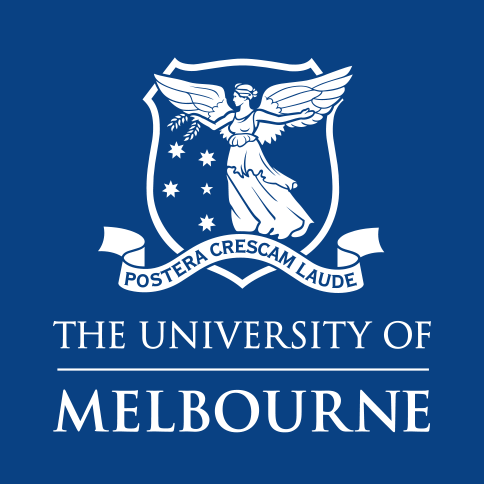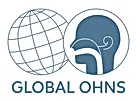
Welcome to the first chat in our ”HEARglobally interview series” where we get to meet and hear from ear and hearing health professionals working around the world. In this chat we were joined by Phillip Luey, who is a New Zealand audiologist working at Vaiola Hospital in Tonga.
Interviewer: I’d like to start off by finding out about why you decided to become an audiologist.
Phillip: I actually retrained as an audiologist. Before that, I finished high school, did a Bachelor of Science, and then found myself not really sure what to do at the end of that study. So, I did an internship, I worked in the physics lab a little bit, and then I was going around the careers fair one day and I stumbled across [audiology] and it reminded me of an experience I had when I was a young teenager. I got my hearing tested because my parents had some concerns about my hearing. Turns out that I had a unilateral hearing loss, and I have some theories about how that happened, but we’ll save that for another time. Then I thought, “Oh, I do like working with people. I’m not a super expert, but I enjoy working with technology as well. I do have some experience,” and so I decided to go for it.
Zooming out a little bit, how do people access audiological and ear health services in Tonga?
Funnily enough I’m actually the first audiologist that’s been hired by the Ministry of Health in Tonga. Prior to that, we had an Ear, Nose and Throat specialist who was trained in New Zealand and anyone that had anything to do with a hearing problem, whatever the cause was, they went to this guy. So, he set up the ENT clinic in 1987. It basically serves as the access [to ear and hearing healthcare], mainly through the hospital. So, it’s a little bit different to some other countries, say in New Zealand … there’s not really that GP model and then referral to the hospital. There are few private clinics which people can access outside of normal business hours. But most of the time, if someone has a problem, they’ll come to the outpatient area in the hospital and be seen by a doctor.
So, once I came on, we just started to create a little pathway. The majority of people will be seen by the doctors first, just to make sure that the ear is healthy, there’s no foreign body or middle ear effusion or something like that, and then we can do further investigation by pure tone audiometry or [further testing].
What are some of the challenges or barriers that people face when accessing audiological and health care in Tonga?
Currently, it’s a very centralized service, so people have to come to the hospital to access it. And it’s been like that for as long as it’s been around. But slowly we’re trying to move away from that, so last year we did some outreach to different health centers. How it works is there’s one main hospital on Tongatapu, which is the largest island in Tonga, and home to about 70% of the population. There’s one main hospital in town, and then there are seven health centers spread out across the island as well. Those health centers will have nurses and in-house trained health officers, [who have] basic medical training.
Last year, we did some outreach to those health centers to try and make it easier for people in the rural areas particularly to access those ENT services. But at the moment, the way most people access it is by going to the hospital.
Another one of the barriers would be the distance. Some villages are close, but others are further away so getting transport [is more difficult]. Sometimes there are long wait times as well and some people don’t want to wait in the queue for a long time. I think sometimes people don’t quite know where to go as well.

Caption: Audiologist Phillip Luey conducting hearing tests as part of World Hearing Day outreach and raising awareness about hearing health.
Among the general population, is there much awareness of the things that can go wrong [with ear health]? In terms of pathologies, is there much public health awareness around that, or education?
We’ve been trying to jump on World Hearing Day stuff recently the past couple of years. So that’s been a good opportunity for us to raise awareness about [ear health]. But I think maybe it’s that public general knowledge about [ear problems]. So sometimes people have pain or discharging ears or something like that, but they just don’t think, “Oh, I should get that checked out.” They just tough it out or [say] “Oh, it’ll go away soon…” Sometimes people only come in when it’s quite serious or they’ve tried other things and it hasn’t worked. So that’s a barrier as well, not knowing when to come in and not leaving it too late before coming in [for treatment].
You’ve spoken about being the only long– term audiologist [in Tonga]. Is that a barrier in terms of the number of hearing health professionals in Tonga?
Hopefully I haven’t been too much of a barrier myself, but I think word gets out slowly. I think because our services are not that wide ranging at the moment that also maybe people don’t know that I’m there. And part of my hesitancy is that I don’t exactly have much to offer them at the moment.
Our access to assistive technology, for example, is not consistent; there’s no regular source of it. So sometimes I might get some donated hearing aids from a former colleague and then I give them to patients and then there’s nothing again. And then we have to wait for the next round of funding or the next donation. If we had announced “we have 3000 devices coming, come and get them,” I’m sure there’d be a queue two hours down the road. So, I think that the lack of solutions [for hearing loss] may also be a barrier as well.
Could you tell me a bit about some of the ways that the barriers that we’ve spoken about are being addressed in Tonga?
Yeah, I’m trying my best to find some sustainable long-term solutions, especially with getting assistive technology. I’m trying to form new networks, to help people know I’m here and what I’m doing. I’m also working with the hospital [to see] what’s the right way to do stuff or what’s the format we do it in.
Long term we’ll need to increase that access of even doing more regular outreaches or having another audiologist or audiometrist or even just someone that’s trained locally [who has] those skills. And then we haven’t even talked about the outer islands yet. But just even being able to provide that service on the main island [is something we’re still working on].
I think one of the other challenges is that we have no screening systems in place regularly. So, it’s hard for us to pick up unless they come to me or to come to us for the service. We don’t know what’s out there. There’s a couple of Rotary clubs that are involved in the hearing screening project that will hopefully take place later this year, aiming to start about May. So, we’re [screening] five- and six-year-olds in the primary schools. That will be the first large scale hearing screening program, so that’s quite exciting for us. Hopefully that will be the start of more regular screening programs to increase their access and awareness as well.
That’s a fantastic initiative. Well, I think that’s a good place to wrap it up, so thanks Phillip, we’d love to continue the conversation and see how your work continues in Tonga.
Cheers for having me on and thanks for the opportunity.




